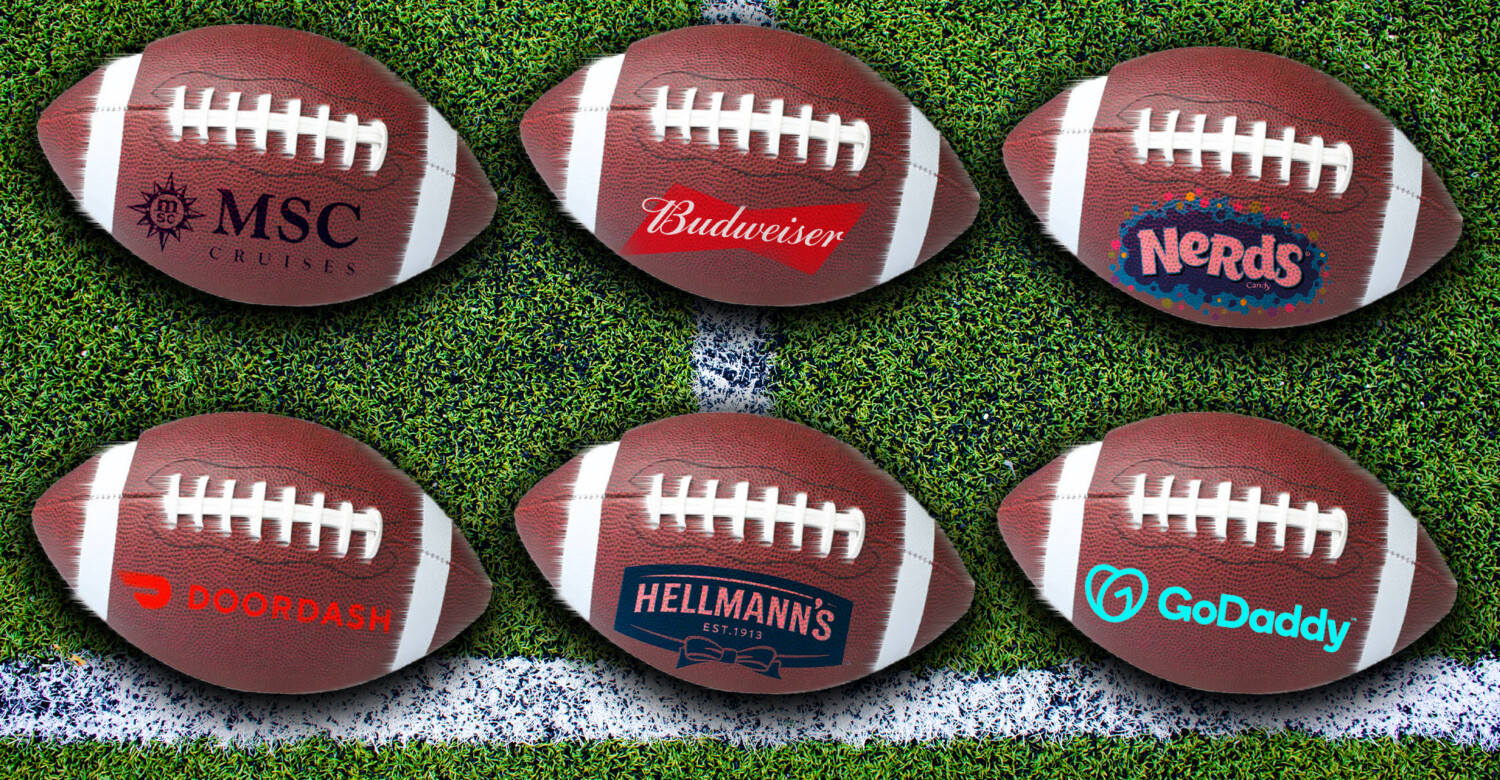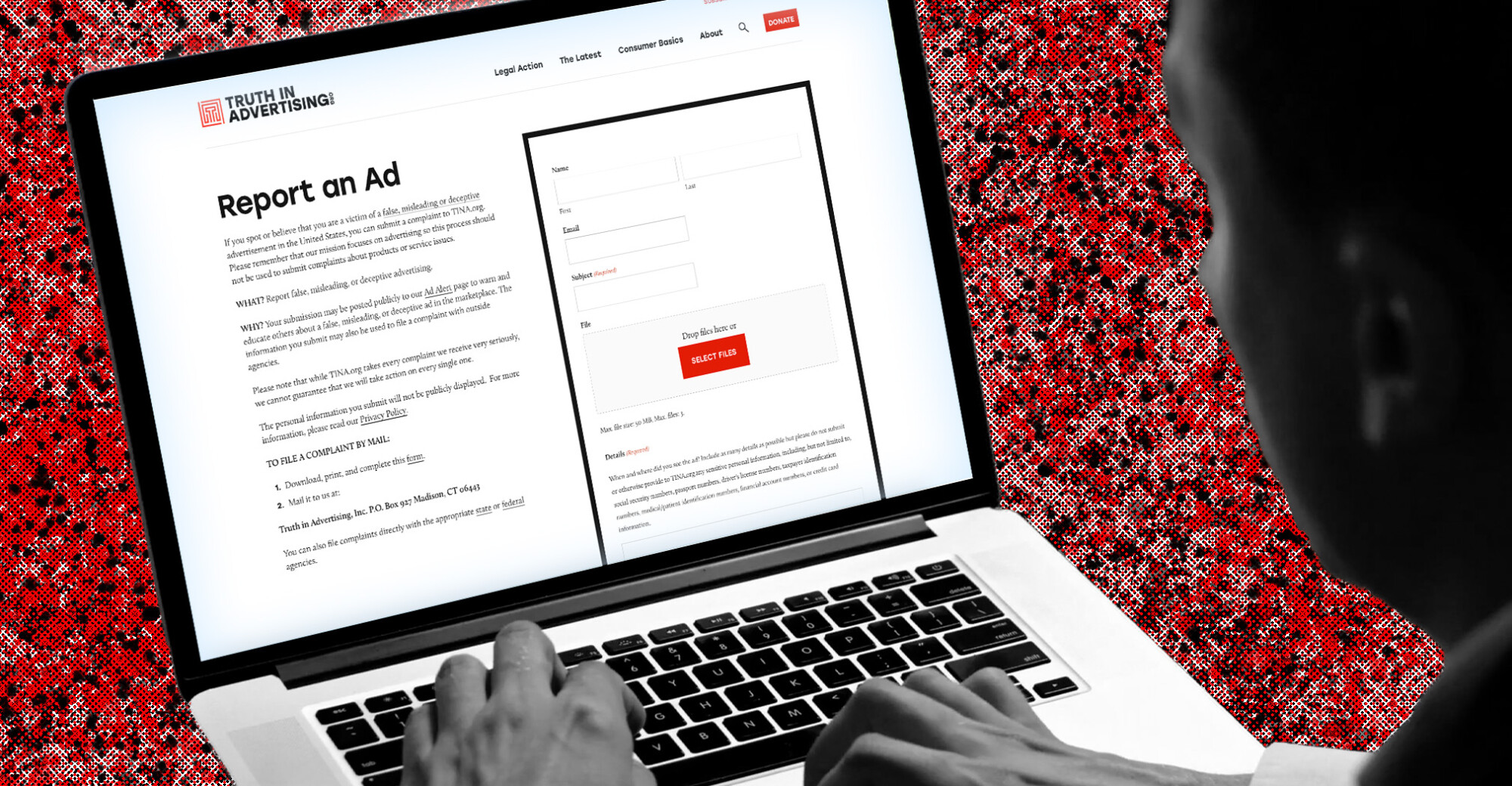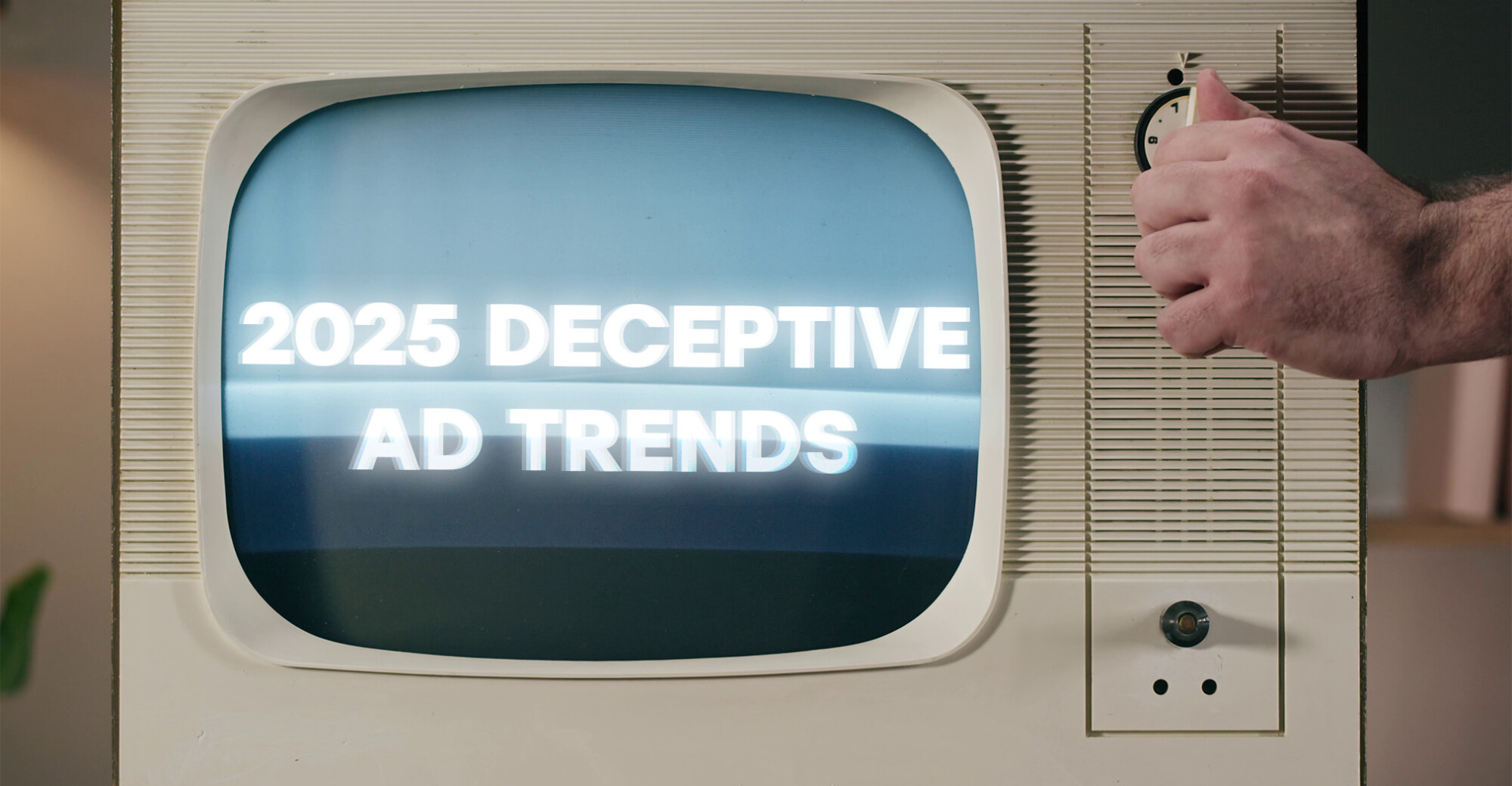
2026 Deceptive Ad Trends
A closer look at what we’ll be monitoring in the new year.
Six big game marketers that have been accused of fumbling ad claims.
With more than 123 million viewers, last year’s Super Bowl between the Kansas City Chiefs and the San Francisco 49ers wasn’t just the most-watched Super Bowl ever, it was the most-watched televised event ever. This year, as the Chiefs attempt to become the first NFL team to three-peat if they can defeat the Philadelphia Eagles on Sunday, brands are reportedly paying up to $8 million to air a commercial during the big game. But multimillion-dollar advertising budgets aren’t the only thing some of these brands have in common: Many have also been accused of deceptive marketing. Here are a few examples.
Hellmann’s (Unilever)
Hellmann’s Super Bowl ad recreates the diner scene from the 1989 movie “When Harry Met Sally” from which we get the famous line “I’ll have what she’s having.” But in 2022, a class-action lawsuit filed in New York accused Hellmann’s of faking it. Specifically, the lawsuit alleged that the company marketed one of its mayos as made “with olive oil” when the ingredient list on the back label revealed that olive oil wasn’t the most predominant oil in the product (soybean oil was) and the actual amount of olive oil was so small it didn’t confer any of the health benefits associated with the ingredient (so we guess size does matter).
Nerds (Ferrara Candy Company)
In 2017, consumers who were expecting to find more candy in their boxes of Rainbow Nerds sued the company claiming it used You know when you buy a big bag of chips, and you’re all psyched for a feast, and then it turns out there are like, three chips in the bag? That bag is slack filled.ed packaging. According to images in the class-action lawsuit, the Rainbow Nerds boxes were only about two-thirds full. Under a 2021 settlement, the maker of Nerds and various other candy brands cited in the lawsuit was given two options: either put more candy in the boxes or implement labeling changes, such as adding a fill line, to ensure that consumers are not misled by the size of the box.
DoorDash
If you’re considering using the food delivery app DoorDash during the big game, you might want to keep a lookout for hidden charges and tip in cash. DoorDash has faced at least two class-action lawsuits alleging it hides delivery fees from consumers. The company has also been sued for allegedly advertising that tips go to delivery drivers when it pockets a significant portion of the gratuities.
MSC Cruises
Last year, MSC Cruises found itself in choppy waters after three environmental groups filed a complaint with the Dutch advertising board accusing the cruise line of greenwashing. As part of its “For a greater beauty” campaign, the company touted liquefied natural gas, which it uses to power some of its ships, as environmentally friendly and a “cleaner fuel.” The board found that while it may be true that LNG emits less carbon dioxide than other fossil fuels, it is still a fossil fuel that has an environmental impact, a fact that wasn’t made clear in some of the company’s ads hyping the alternative fuel. The board recommended that MSC Cruises say bon voyage to any claims that could mislead consumers about the sustainability of its cruises.
Budweiser (Anheuser-Busch)
If you’re not a fan of the “King of Beers,” Budweiser would like you to keep it to yourself. According to a class-action lawsuit filed in 2023 against Budweiser’s parent company, Anheuser-Busch, the beer giant prohibits consumers from posting negative reviews on social media about “Anheuser-Busch or any of its products.” (Anheuser-Busch owns various other beer brands including Bud Light and Michelob Ultra, both of which also have Super Bowl ads this year. So don’t say anything bad about those beers, either.) The non-disparagement clause is tucked away in the company’s terms and conditions, which consumers agree to simply by accessing one of the company’s online platforms, the lawsuit alleged.
GoDaddy
GoDaddy may be feeling like the FTC is its daddy after reaching a settlement with the federal agency last month over alleged misrepresentations about the security for its website-hosting services. The FTC claimed in a complaint that GoDaddy misled customers about the extent of its security protections, which were not as robust as advertised and resulted in several major data breaches between 2019 and 2022. Under the settlement GoDaddy is required to establish a comprehensive data security program that protects the security, confidentiality and integrity of its website-hosting services, which are used by millions of consumers.
See our previous coverage on past Super Bowl advertisers here.
A closer look at what we’ll be monitoring in the new year.
Consumer complaints worth remembering.
A closer look at what we’ll be monitoring in the new year.


